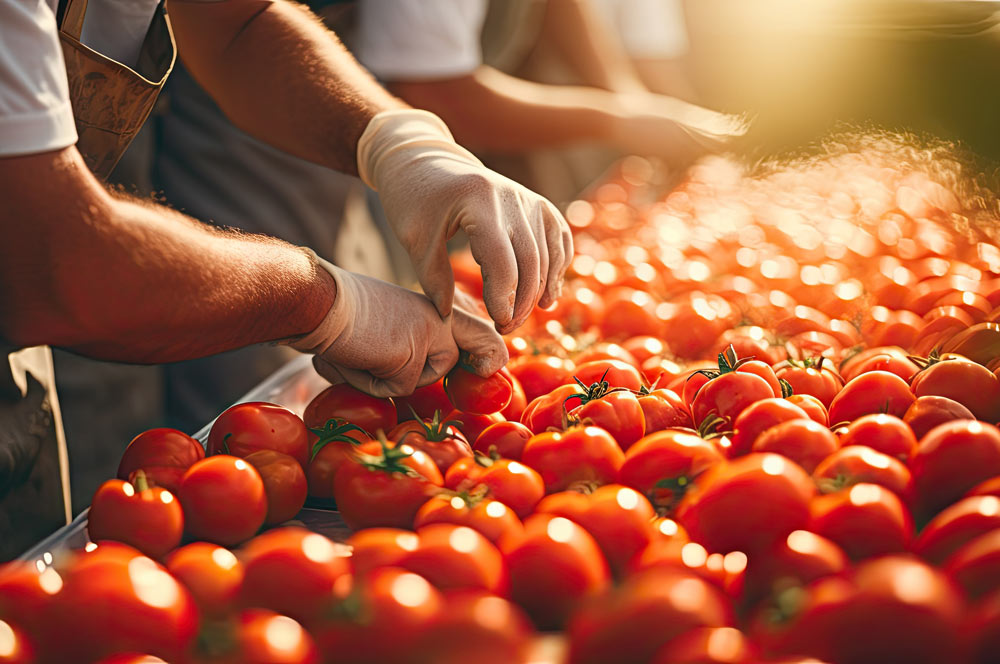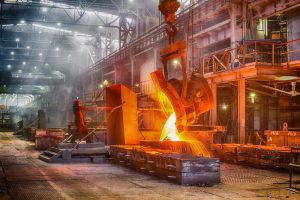In the agricultural industry, where operations are often exposed to challenging environmental conditions, resilience is key to success. From extreme weather to abrasive materials and heavy loads, agricultural processes demand equipment that can withstand the rigors of the environment. Conveyor belts play a vital role in streamlining agricultural operations, but they must also be resilient enough to withstand harsh conditions. In this blog post, we’ll explore the challenges faced by the agricultural industry and how conveyor belt solutions are enhancing resilience in agricultural operations.
Challenges in the Agricultural Industry: Agricultural operations are subject to a variety of challenges that can impact productivity, efficiency, and profitability. Some of the key challenges include:
- Extreme Weather Conditions: Agricultural operations are vulnerable to extreme weather events such as high winds, heavy rain, and extreme temperatures, which can damage equipment and disrupt operations.
- Abrasive Materials: Agricultural materials such as grains, seeds, and fertilizers can be abrasive and cause premature wear and tear on conveyor belts, leading to costly maintenance and downtime.
- Heavy Loads: Conveyor belts in the agricultural industry often carry heavy loads of bulk materials, which can put stress on the belts and require robust construction to ensure durability and longevity.
Conveyor Belt Solutions for Harsh Environments: To address these challenges, conveyor belt manufacturers have developed specialized solutions designed to withstand the harsh conditions encountered in agricultural operations. These solutions incorporate advanced materials, innovative designs, and specialized coatings to enhance resilience and durability. Let’s explore some of the key features of conveyor belt solutions for harsh agricultural environments:
- High-Tensile Strength Materials: Conveyor belts used in agriculture are typically constructed from high-tensile strength materials such as polyester, nylon, or steel cord. These materials offer superior resistance to tearing, stretching, and impact damage, making them ideal for handling heavy loads and abrasive materials.
- Resilient Coatings and Covers: To protect against moisture, abrasion, and UV exposure, conveyor belts are often equipped with resilient coatings and covers. These coatings provide an extra layer of protection against harsh environmental conditions, extending the service life of the belts and reducing maintenance requirements.
- Corrosion-Resistant Components: In agricultural environments where exposure to moisture, chemicals, and corrosive substances is common, conveyor belts are equipped with corrosion-resistant components such as stainless steel fasteners, bearings, and pulleys. These components ensure reliable performance and minimize the risk of premature failure due to corrosion.
- Impact and Rip Resistance: Agricultural materials can be highly abrasive and prone to causing impact and rip damage to conveyor belts. To mitigate this risk, conveyor belt solutions for the agricultural industry are equipped with reinforced carcasses, impact-resistant covers, and rip detection systems to detect and repair damage before it leads to costly downtime.
Case Study: Grain Handling Facility To illustrate the effectiveness of conveyor belt solutions in harsh agricultural environments, let’s consider a case study of a grain handling facility. In such facilities, conveyor belts are used to transport grain from storage bins to processing equipment such as conveyors, dryers, and elevators. By implementing conveyor belt solutions designed specifically for the agricultural industry, the facility can minimize downtime, reduce maintenance costs, and maximize productivity, even in the face of extreme weather and abrasive materials.
Conclusion: In conclusion, conveyor belt solutions play a critical role in enhancing resilience in the agricultural industry. By incorporating advanced materials, innovative designs, and specialized coatings, conveyor belts can withstand the harsh environmental conditions encountered in agricultural operations, ensuring reliable performance and maximizing productivity. As the agricultural industry continues to evolve and adapt to changing conditions, the importance of resilient conveyor belt solutions cannot be overstated. By investing in conveyor belt solutions designed for harsh environments, agricultural operations can enhance efficiency, minimize downtime, and achieve long-term success.





